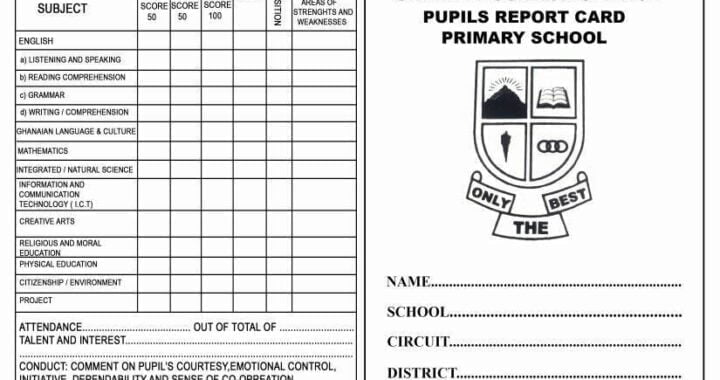Top 10 Study Groups and How to Make Them Effective

Research will tell you that studying in groups make learning much more easier. Here are 10 Study groups and ways to make them effective for studies.
Top 10 Study Groups and How to Make Them Effective
1. Subject-Specific Groups
Form study groups focused on specific subjects or courses to collaborate with classmates who share similar academic interests and goals.
2. Mixed-Level Groups
Include students with varying levels of expertise and proficiency in the study group to foster collaboration, peer teaching, and knowledge sharing.
3. Online Study Groups
Utilize online platforms such as social media groups, forums, or video conferencing tools to connect with classmates and organize virtual study sessions.
4. Problem-Solving Groups
Create study groups dedicated to solving practice problems, past papers, or challenging exercises to reinforce understanding and application of concepts.
5. Review Groups
Form study groups to review lecture notes, textbook chapters, or supplementary materials together, discussing key concepts, clarifying doubts, and filling in gaps in understanding.
READ ALSO: Top 10 Study Techniques For Online Learning Success
6. Discussion Groups
Organize study groups focused on discussing course content, analyzing case studies, or debating complex topics to deepen comprehension and critical thinking skills.
7. Study Break Groups
Plan study sessions with designated breaks for socializing, relaxation, or group activities to maintain motivation, focus, and productivity.
8. Accountability Groups
Pair up with a study buddy or small group to hold each other accountable for completing study tasks, meeting deadlines, and staying on track with academic goals.
9. Resource Sharing Groups
Exchange study materials, resources, and notes with fellow classmates to broaden your understanding of the subject and access additional learning materials.
10. Review and Feedback Groups
Organize study groups to review each other’s work, provide constructive feedback, and collaborate on improving study strategies, notes, or assignments.
To make study groups more effective, consider implementing the following strategies:
- Establish clear goals and objectives for the study group.
- Assign roles and responsibilities to group members, such as facilitator, note-taker, timekeeper, or researcher.
- Set ground rules and expectations for participation, communication, and behavior within the group.
- Schedule regular meetings and stick to the agreed-upon schedule to ensure consistency and continuity.
- Encourage active participation, engagement, and collaboration among group members.
- Foster a supportive and inclusive environment where members feel comfortable asking questions, sharing ideas, and seeking help.
- Utilize a variety of study techniques, resources, and activities to cater to different learning styles and preferences.
- Evaluate the effectiveness of the study group periodically and make adjustments as needed to improve its efficiency and impact.


 GES 2024-2025 Academic Calendar for Public Schools
GES 2024-2025 Academic Calendar for Public Schools  GES to recruit university graduates and diploma holders-GES Director General
GES to recruit university graduates and diploma holders-GES Director General  GES is expected to announce reopening dates for public schools today
GES is expected to announce reopening dates for public schools today  Dr. Bawumia’s Smart Phone Credit Will Take 125 Years To Repay: A Misleading Promise
Dr. Bawumia’s Smart Phone Credit Will Take 125 Years To Repay: A Misleading Promise  2024-2025 Report Card Grading, Student Attitudes, Interests and Conduct Samples for Teachers
2024-2025 Report Card Grading, Student Attitudes, Interests and Conduct Samples for Teachers  US Staffing Agencies Recruiting International Job Seekers With Work Visa Sponsorship
US Staffing Agencies Recruiting International Job Seekers With Work Visa Sponsorship  Buy 1 Gig MTN or Airtel Tigo data for only GHS6.00 not GHS17.00
Buy 1 Gig MTN or Airtel Tigo data for only GHS6.00 not GHS17.00